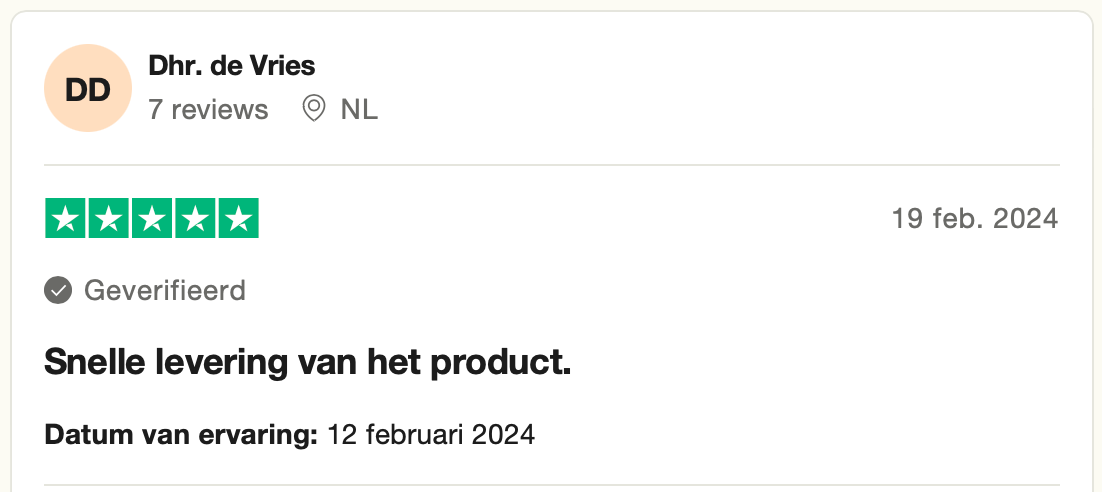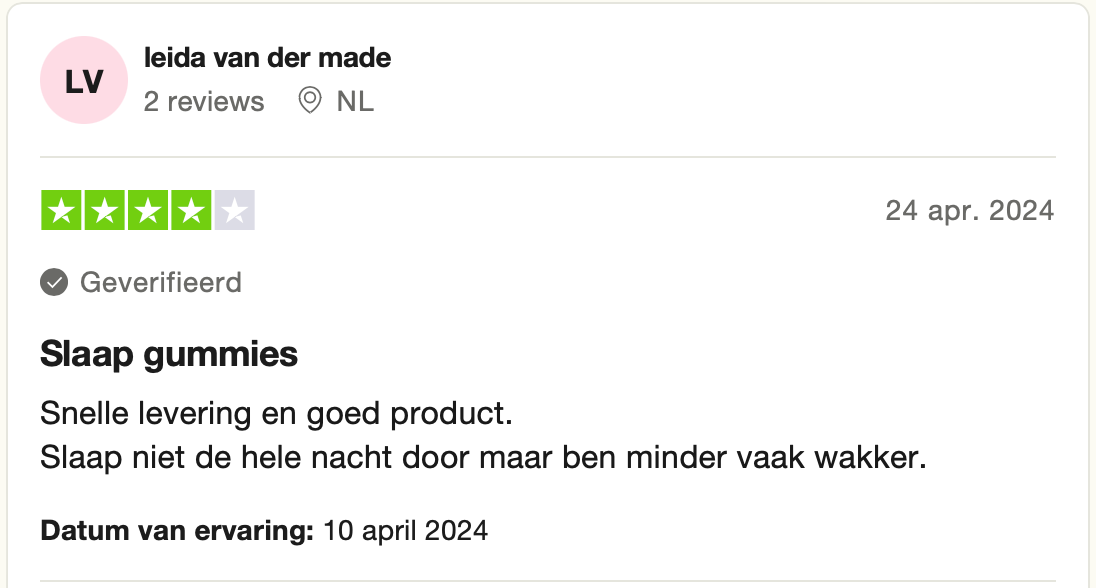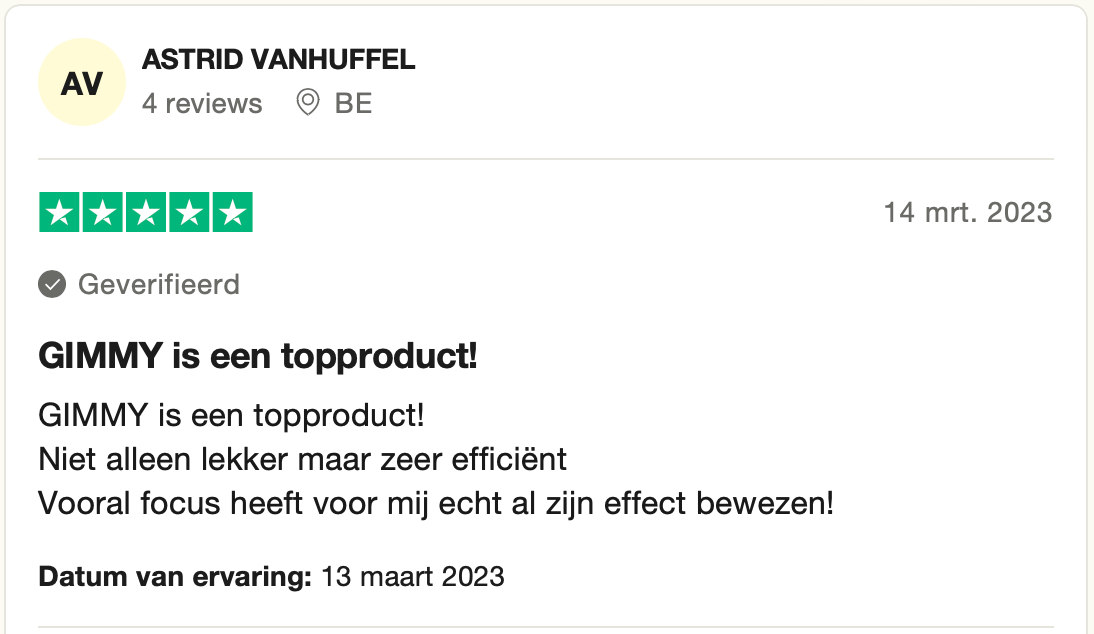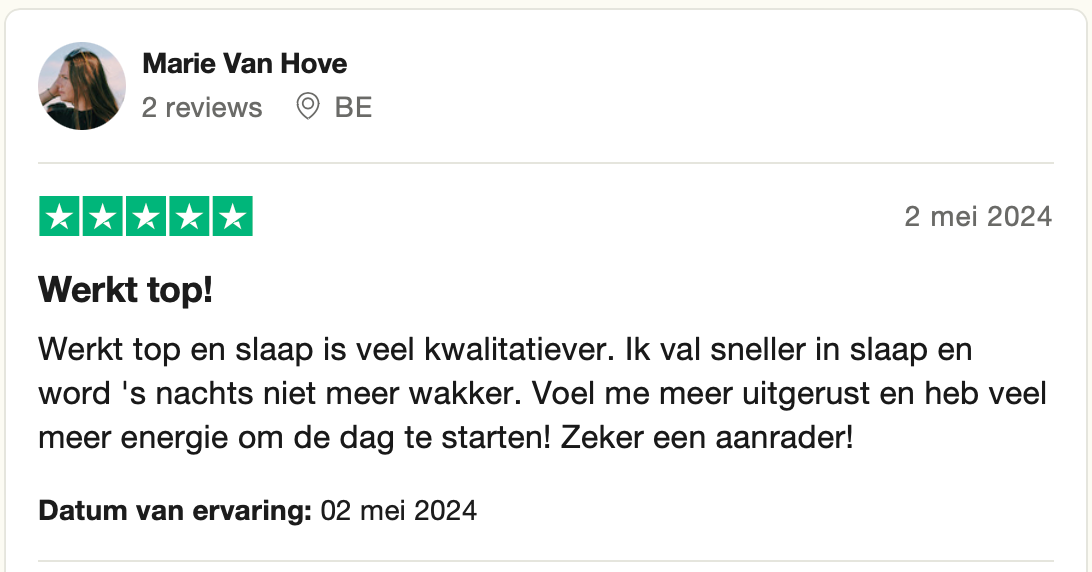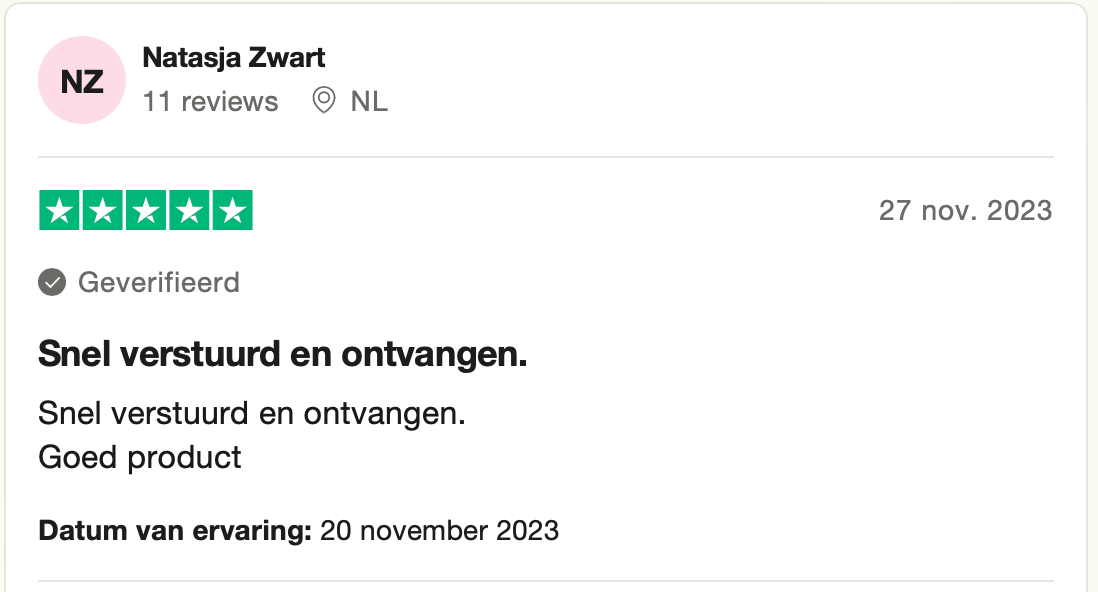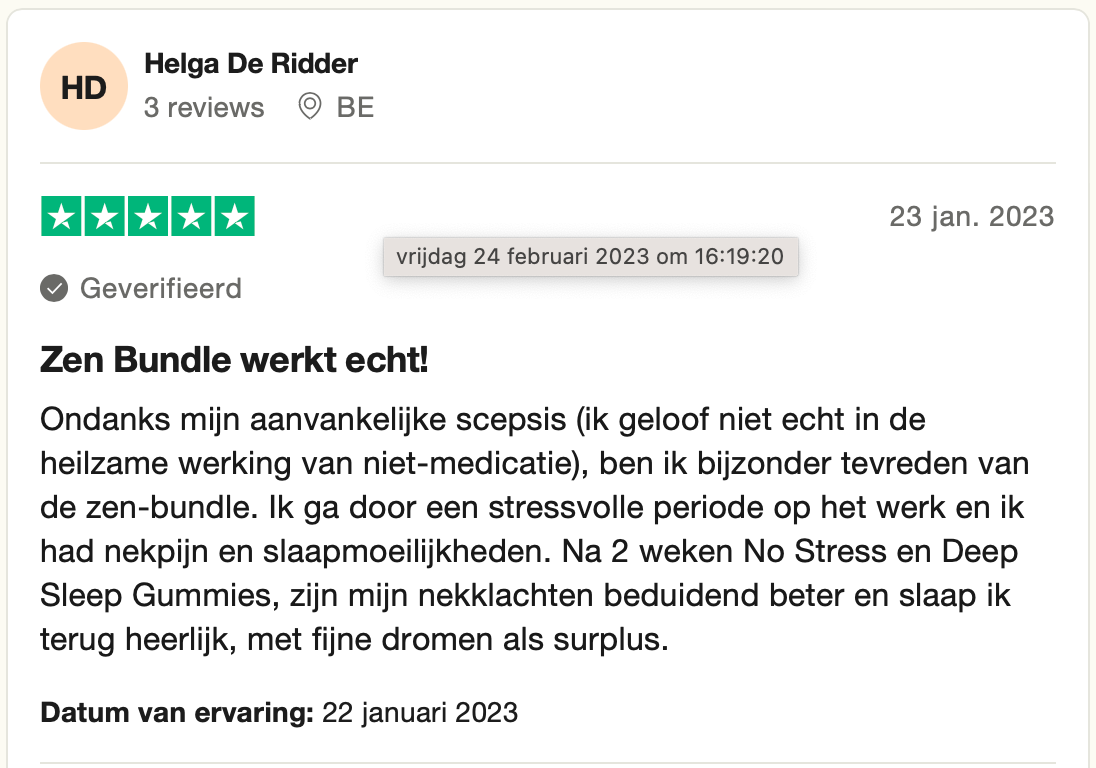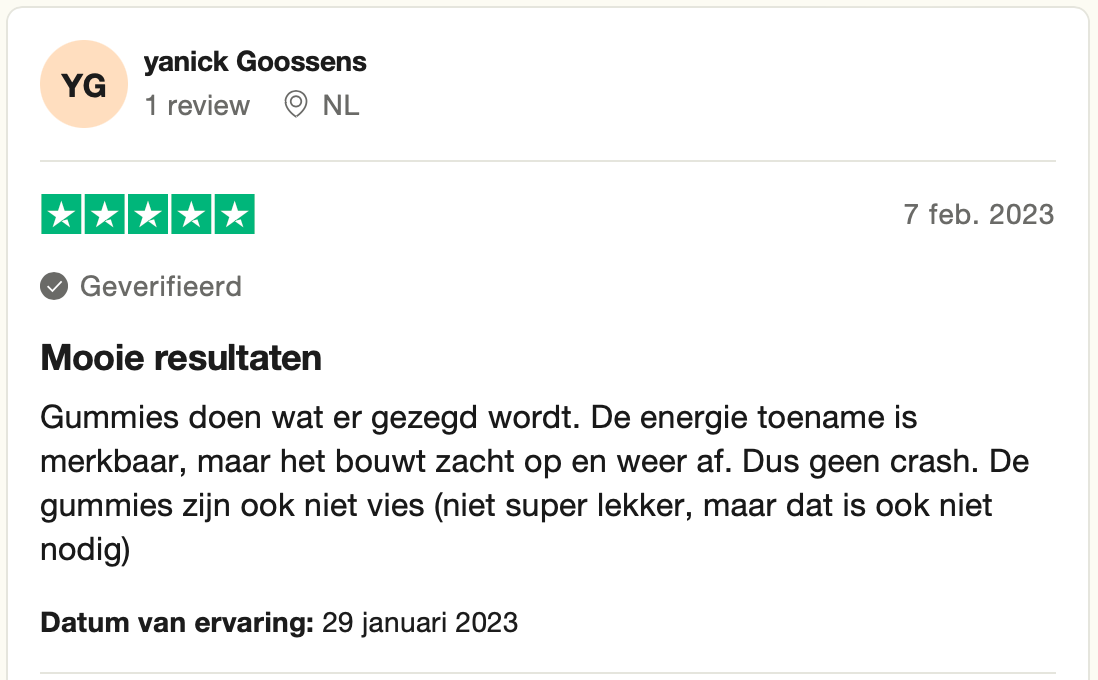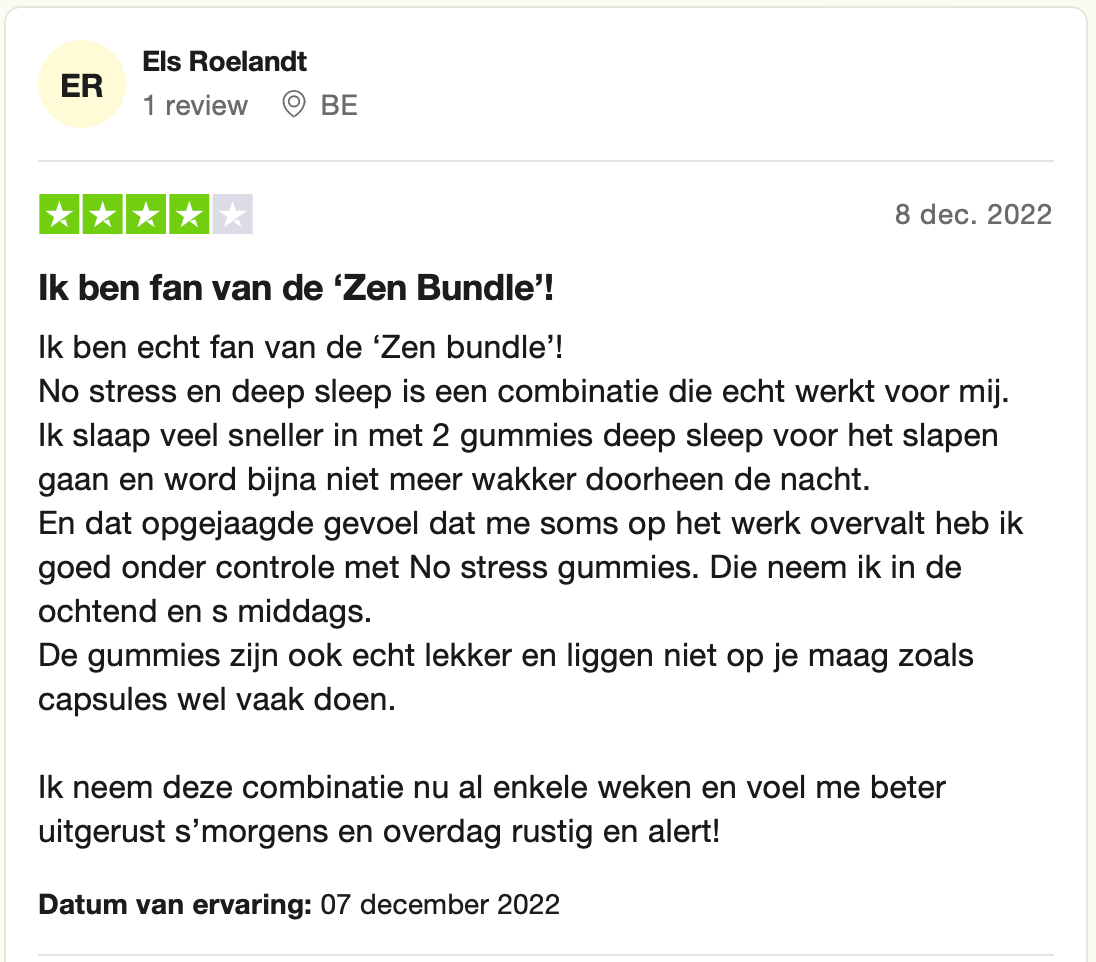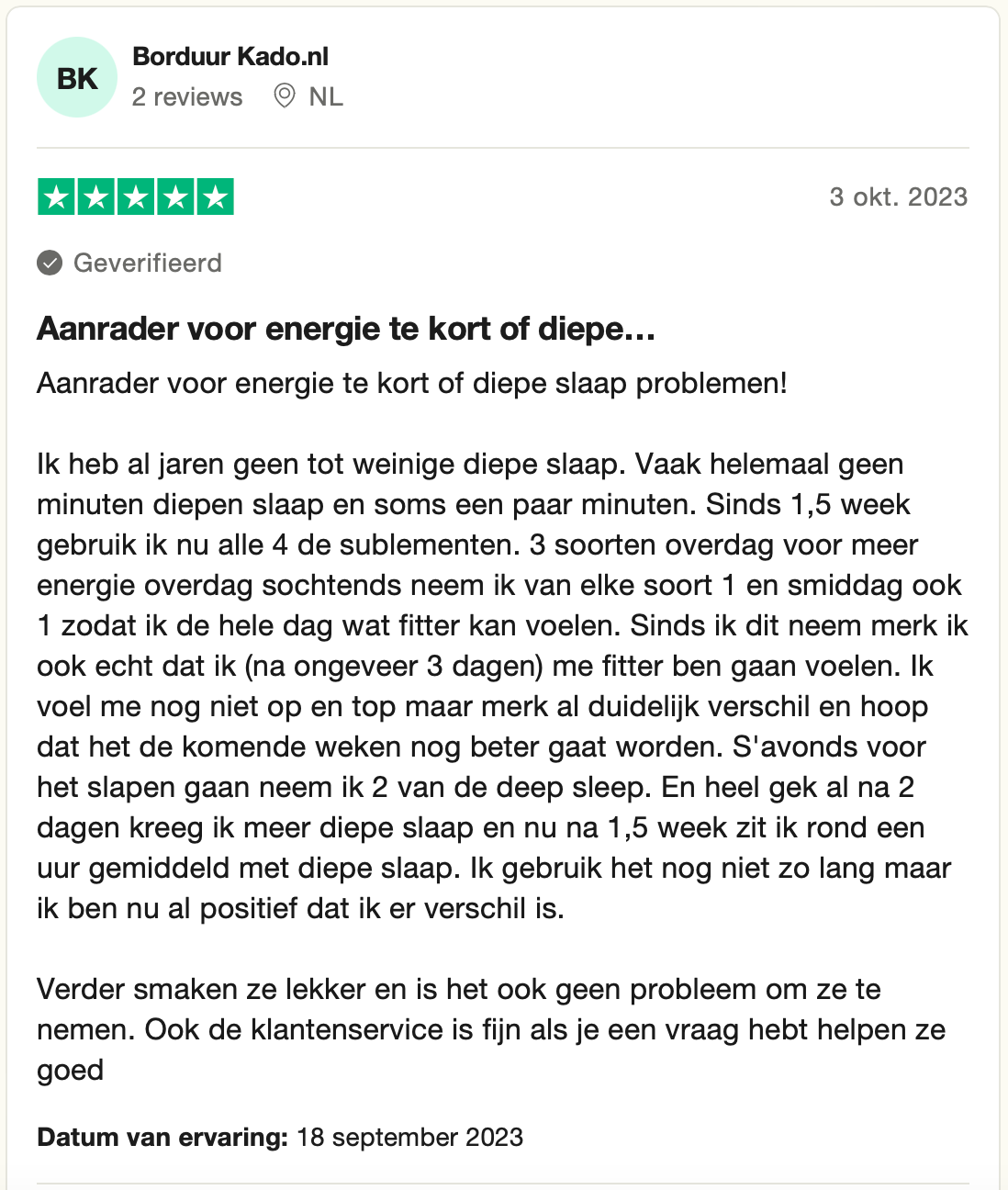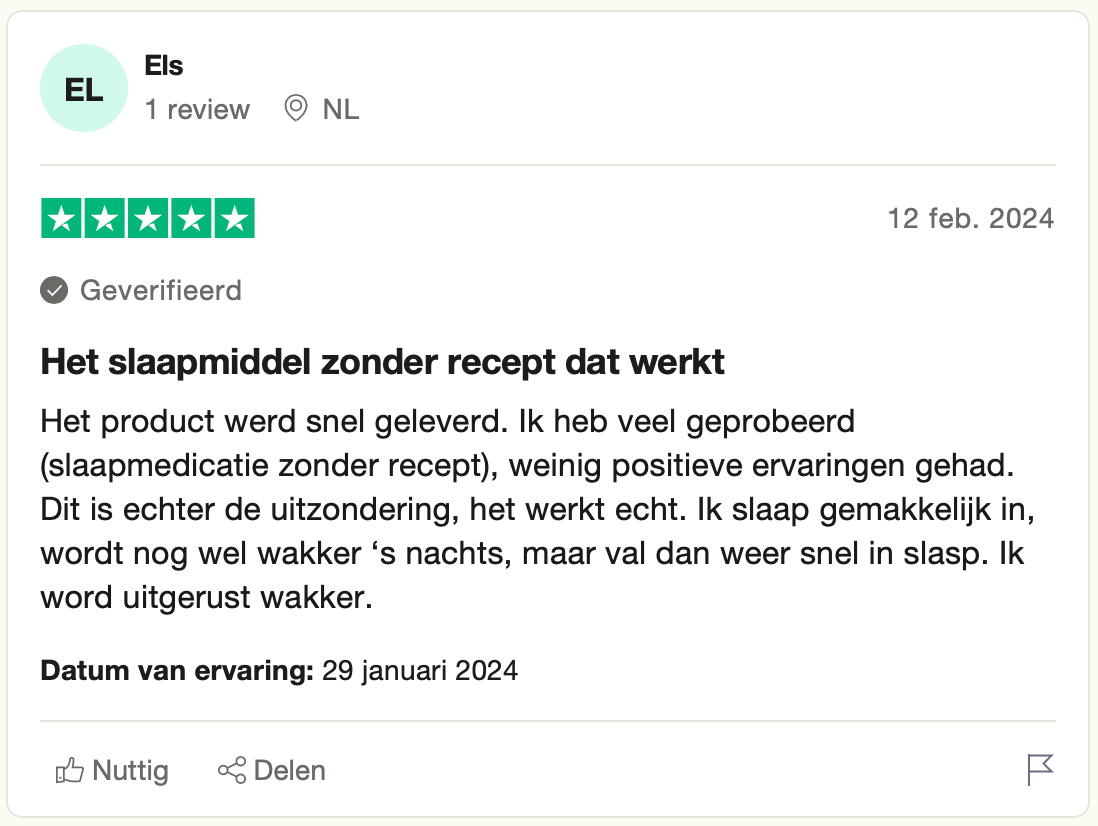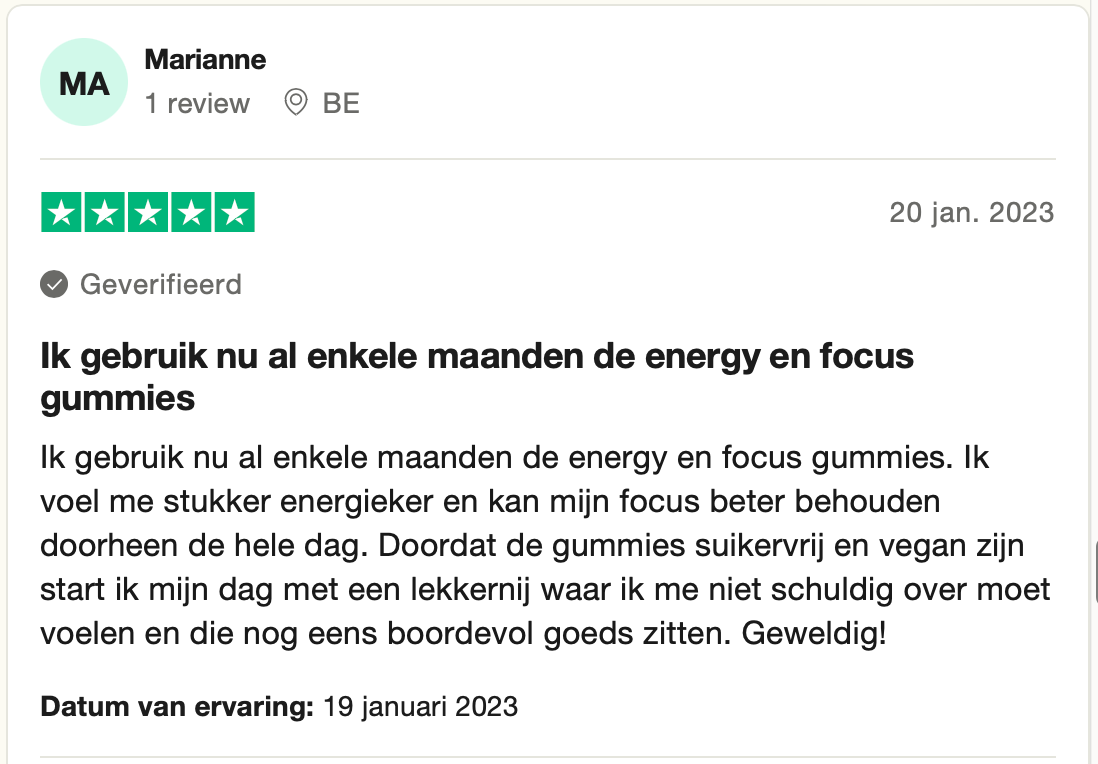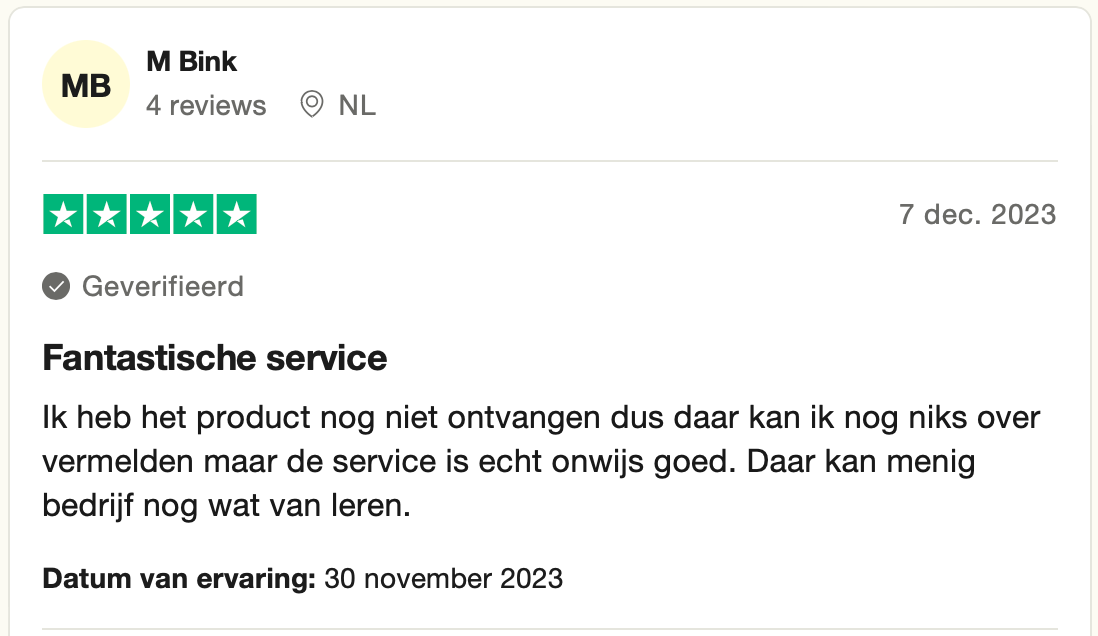How to best manage your work-life balance
by Barbara Lucia Cipriani on Jun 05, 2023
How to manage work-life balance
Have you ever lost the peace to do things well and calmly? It must have happened to you too, that you had to run like a madman from one place to another, that you had to do multiple activities at the same time and that you had to end the day without having the energy to take time for yourself.
In a professional environment, this of course has consequences for both the employee and the employer. Not finding the right balance between work and private life can not only lead to a lack of quality and consistency, but also to a lack of energy , a kind of depression in the employee. If you feel like you have experienced some kind of employee depression, this article is for you.
To help you understand the concept better, let’s use an example: your day consists of 24 hours. 8 of them you should rest. That leaves 16 hours, of which you should dedicate 8 to work and another 8 to your personal needs.
But do you really only work 8 hours a day? When you get home after a day at the office, don't you turn on your PC again to finish your to do's?
If you find yourself in any of the above situations, this Blog will help you better understand how to manage your Work-Life Balance .
What is the work-life balance?
According to TechTarget, the definition of work-life balance is:
"Work-life balance is the optimal arrangement of one's time at work and one's personal time to promote health and personal fulfillment without negatively affecting productivity and professional success."
In short, work-life balance is our ability to better manage our private life and our work . An important rule is that one should not affect the other and vice versa.
It is important to remember that if you are looking for the perfect work-life balance, I have to tell you that you will never find it. Perfection does not exist and no day is the same. You can only strive for a realistic balance that allows you to deal with the unexpected without causing stress in your personal life.

The Causes of Work-Life Imbalance
To truly try to find work-life balance, you need to understand where the imbalance comes from.
Employee mental health is key to success. If everyone feels good, safe and valued in their workplace, it means they will be more productive. What could be the cause of the imbalance among employees? We show you three causes.
-
You work in a poorly organized workspace
Your workplace is the place where you spend most of your time, you need to feel comfortable there otherwise you run the risk of getting frustrated at work and of course ultimately being less productive .
Let's look at some statistics to understand the importance of the workplace.
80% of employees say their office is designed to help them work efficiently.
73% say their office helps them become better at what they do.
Now you are probably wondering: How can an office be designed in such a way that it is efficient for the employees? Here are three examples:
- Adequate lighting : Provide both natural and artificial lighting to reduce eye strain and create a pleasant working environment.
- Technology and Equipment: The office should have the right tools to enable employees to do their jobs to the best of their ability.
- Personalization: It's important to give employees the opportunity to personalize their workspace with plants, photos, or other items that make them feel comfortable and motivated.
If employees do not have a healthy workplace, they will be less productive.
-
Lack of flexibility.
Flexibility in various aspects, for example, work arrangements. Without flexibility, they will feel overwhelmed by deadlines, projects, etc.
67% say they would consider quitting their job if their work arrangements became less flexible.
Let's take a look at some examples of flexibility in your workspace:
- Flexible working hours : Employees must decide how best to organize their working hours, always meeting the needs of the company.
- Remote Work Options : Offer remote work options. This allows employees to work from home or another location outside of the office, which can be beneficial to them.
- Open communication and feedback : It is important to encourage open and honest communication with employees to understand their needs and preferences regarding flexibility.
Work-life imbalance: symptoms
You may think you have a good work-life balance, and I may agree with you, but some of us experience an imbalance without realizing it.
Here are some warning signs , if you have any of these habits you are at risk.
- Constantly check email work.
- Answer a business call during dinner.
- After work, sit down at the computer to continue a project.
- Your mind is full of thoughts and doubts 24 hours a day.
- Try to complete a project in less time to please your boss, instead of asking for an extension of the deadline.
- You often work overtime.
- You never take time off.

Tips for a better work-life balance
Here are some examples you can follow to find a better work-life balance.
-
Setting boundaries
- Clearly define your working hours and communicate them to your colleagues.
- Avoid checking work emails or taking phone calls outside of work hours.
- Learn to prioritize and distinguish between urgent and non-urgent tasks.
-
Prioritizing Self-Care
- Make time regularly for activities that recharge and rejuvenate you, such as hobbies, exercise, or spending time with loved ones.
- Practice self-care routines such as mindfulness, meditation, or activities that bring you joy.
- Take supplements that support your body and mind to better manage your energy, sleep quality, or sensitivity to stress.
-
Effective time management
- Prioritize and plan your tasks with tools like to-do lists or productivity apps.
- Delegate tasks where possible and learn to say no to extra commitments when your schedule is already full.
- Avoid multitasking and focus on one task at a time to increase productivity and reduce stress.
-
Setting up a routine
- Create a daily or weekly schedule with time for work, personal activities, and relaxation.
- Stick to your routine as much as possible to maintain a sense of structure and balance.
- Make time for family, friends, hobbies, and other fulfilling activities outside of work.
-
Open communication and flexibility
- Communicate openly and honestly with your employer or team about your needs to maintain work-life balance.
- Explore flexible work options such as remote work, flexible hours, or shortened work weeks.
- Stand up for yourself and negotiate a working arrangement that suits your needs and allows for a better work-life balance.

Our satisfied customers
